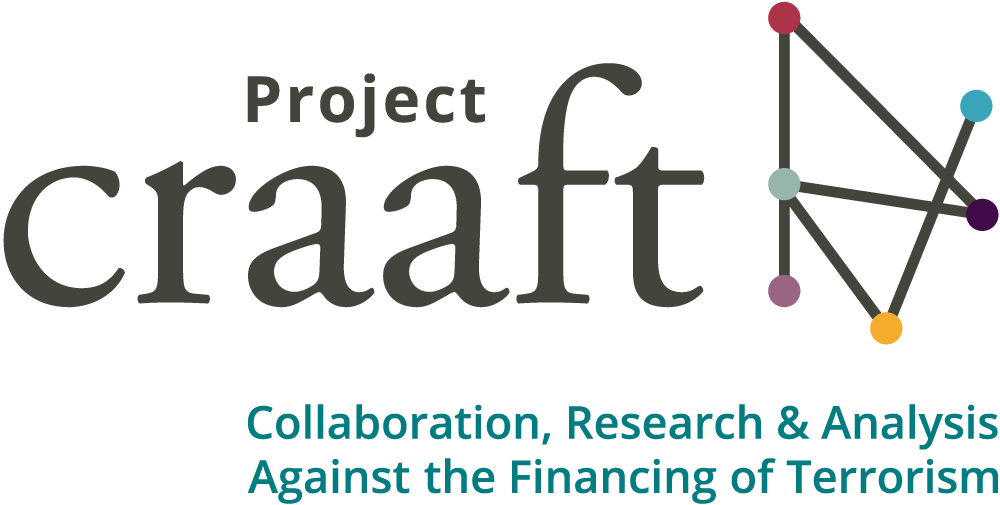FinTech-Enabled Terrorism Financing: Lessons for Serbia
On 30–31 March 2021, Project CRAAFT held an online workshop for Serbian stakeholders on the terrorism financing (TF) challenges and counter-terrorism financing (CTF) opportunities presented by the proliferation of FinTechs (companies offering technology-driven payment and financial services). Workshop presentations delivered by leading financial crime experts in the FinTech industry focused on helping participants to anticipate how their services might be abused by terrorists or their supporters operating domestically or abroad. Special attention was given to this in the context of the primary TF threat facing Serbia, namely, the return of foreign terrorist fighters to the country and surrounding region. By bringing together representatives of the Serbian FinTech industry and the public sector, participants witnessed first-hand the advantages and creative synergies generated through public–private collaboration to tackle TF.
The workshop provided the opportunity to clarify common misconceptions held about FinTechs, including which attributes of the companies make them attractive to terrorist financiers and other illicit actors. There is a belief that the lack of face-to-face onboarding and customer interaction benefits illicit actors seeking to abuse FinTechs for TF purposes, however these virtual onboarding methods have actually in the past highlighted potential customers’ associations with extremist groups. The workshop also further highlighted that a big advantage in Serbia is the level of cooperation between these groups and the public sector in terms of typology and lesson sharing, however there is always room for further education on both levels in terms of practical applications. Efficient and effective intelligence sharing relationships are further streamlined by a general culture of continuous development and learning on the part of FinTechs, as well as the development of escalation routes where an imminent terror threat has been identified. The key takeaway proved to be that continued collaboration and partnership is key, these are relationships that can maintain open lines of communication in order to effectively tackle the changing nature of terrorist financing.
